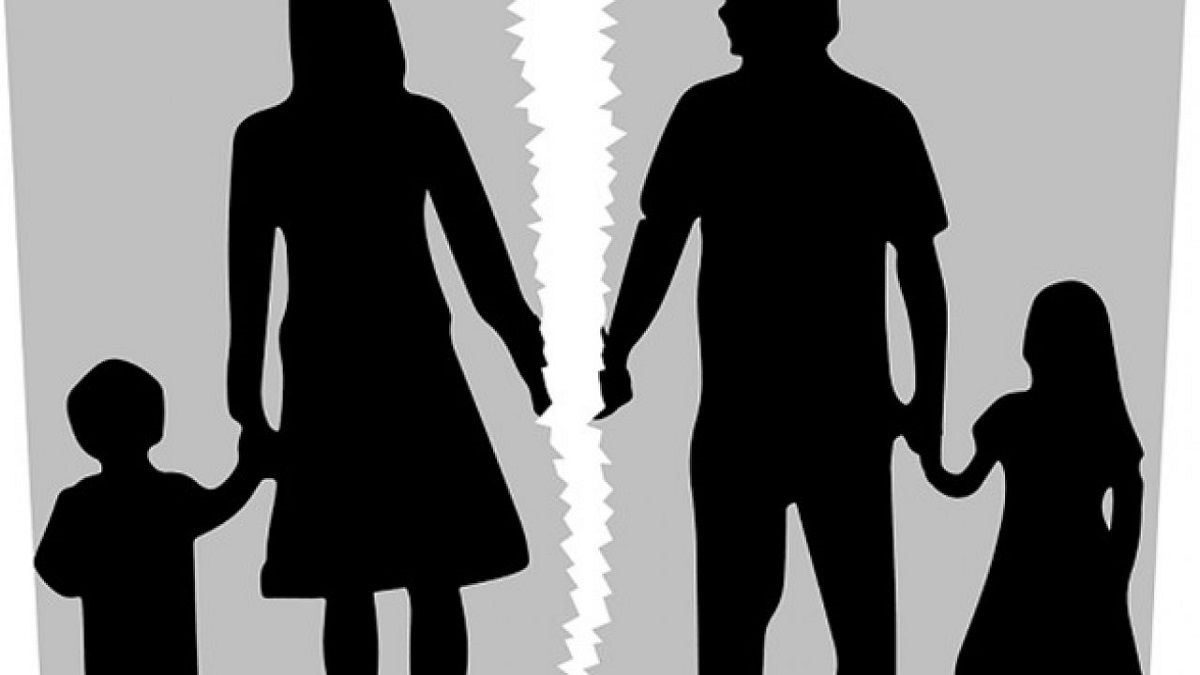In recent times, a concerning trend has emerged within the Rawalpindi division, leaving families shattered and lives in turmoil. The data recorded between January 1st and June 30th, 2023, has revealed a distressing increase in cases of divorce, family disputes, and domestic violence, sending shockwaves through the community.
Amidst this backdrop, the influence of social media platforms has come under scrutiny, with TikTok, Instagram, Facebook, YouTube, and messaging apps being singled out as contributors to this disheartening trend. These digital platforms, once heralded as mean of connection and entertainment, are now being implicated in the breakdown of relationships and the erosion of the family fabric.
The available data paint a sobering picture. Over the course of the first half of the year, a staggering 5,804 family cases were registered in Rawalpindi’s family courts, revealing the extent of the crisis. Among these cases, 210 husbands sought reconciliation after their wives had left home due to escalating family disputes, highlighting the strain faced by families in the region.
Tragically, divorce has become a prevalent outcome, with the courts sanctioning 2,393 divorces during the same period. The ramifications of these divorces extend beyond the couples themselves, as 78 women were instructed to return to their husbands, hoping to salvage their marriages.
The plight of children caught in the crossfire of these conflicts is a cause for concern. The courts granted custody of 231 children, who were previously with their fathers, to their mothers, reflecting the unsettling disruption faced by these innocent lives. Furthermore, the family courts deemed it necessary to ensure the provision of dowry items, Haq Mehr (a mandatory gift from the husband to his wife), and expenses for 1,018 women, shedding light on the financial hardships faced by many.
The statistics reveal another alarming trend—571 girls pursued court and love marriages, choosing to leave their homes within the last six months. The sheer number of such cases indicates a deep-rooted issue that demands attention and intervention. Presently, Rawalpindi’s family courts face the overwhelming burden of 9,500 pending family cases, with each judge handling an average of 50 to 70 cases per day, further illustrating the magnitude of the crisis.
Experts and advocates in the field of family law express their concerns and offer insights into the underlying causes. Tayyaba Abbasi, an advocate and secretary of the Human Rights Association, voices her worry about the unchecked influence of social media on the destruction of the family system. She fears that if this trend continues, the divorce rate will skyrocket, leading to profound societal consequences.
Read More: Shehzad Roy Launches an Educational Pathway for Women, Offering Career Opportunities in Teaching
Zaib Faiz, a seasoned expert in family cases, emphasizes the damaging impact of mismatched marriages on the family structure. He points out that young girls, exposed to mobile phones and the internet from a tender age, are particularly vulnerable to negative influences. Love marriages, often fueled by impulsiveness, exacerbate trivial issues, leading to threats and ultimately ending up in family courts.
Masood Shah, another experienced advocate, sheds light on the devastating role played by social media platforms. He claims that platforms like TikTok, Instagram, and messaging apps are responsible for a staggering 90 percent of love marriages and court marriages, further exacerbating the situation.
In the face of these challenges, experts urge parents to exercise greater scrutiny over their children’s internet usage. They call for families to arrange transportation for daughters attending educational or vocational training centers, providing a safeguard against vulnerable situations.
Behind the statistics and expert opinions lie the stories of real people whose lives have been affected by these tumultuous circumstances. One such story comes from a nineteen-year-old girl, who shares her experience of a love marriage forged through TikTok. Seduced by images of a seemingly lavish lifestyle, she found herself trapped in a harsh reality when her husband’s true circumstances were revealed. Now seeking divorce, she yearns for her parents’ consent to move forward and begin a new chapter in her life.
These personal narratives highlight the deeply human impact of the rising divorce rates and family disputes in Rawalpindi. Behind the statistics and legal proceedings lie shattered dreams, fractured relationships, and a longing for stability and happiness. It is a reminder that amidst the numbers and analyses, it is the individuals and families affected who bear the weight of these societal challenges.



























